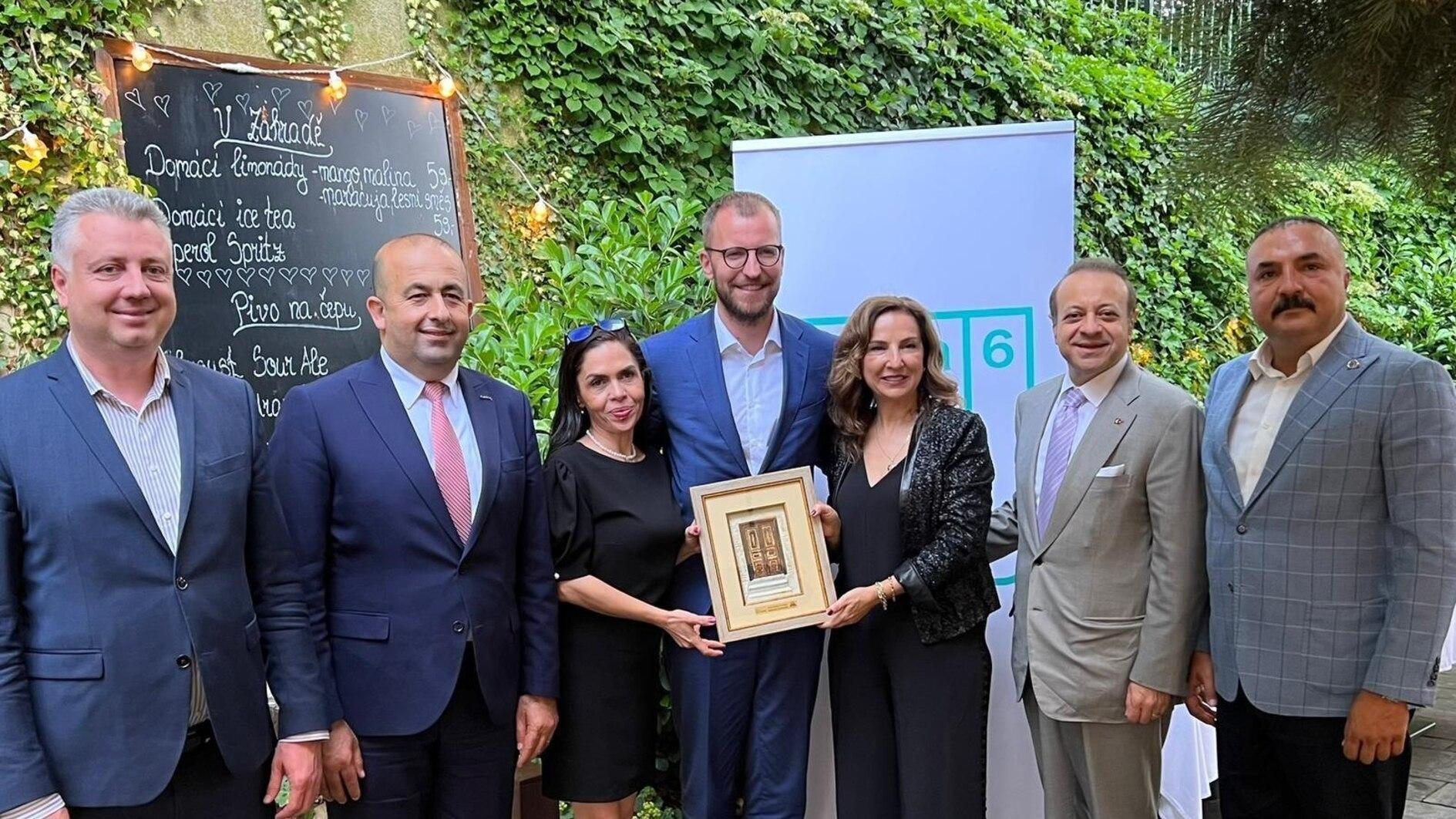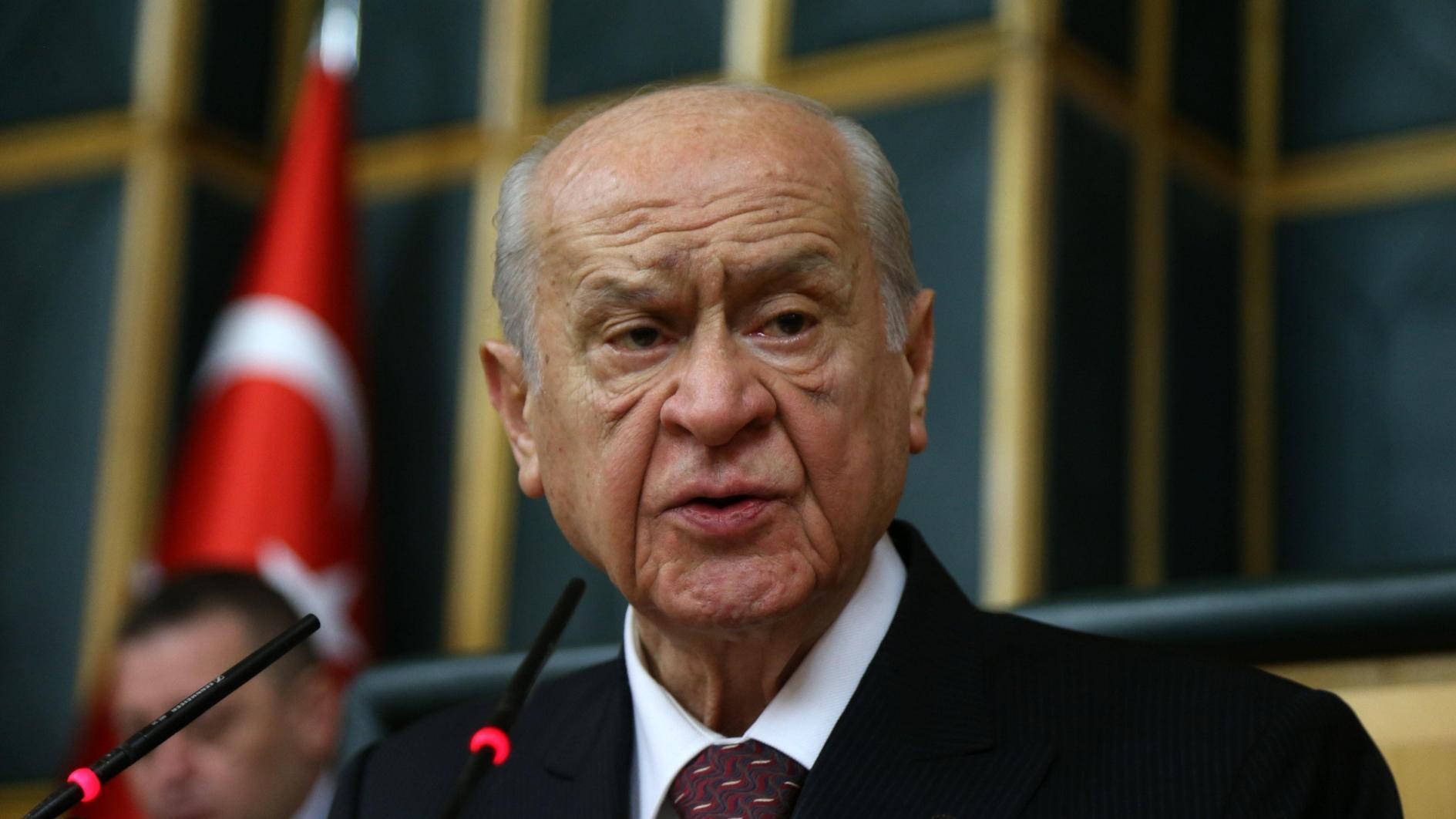Turkey's new commercial code to boost investor trust
Sarp Kalkan

Hürriyet photo
Turkey’s new Commercial Code, valid since the end of last month, aims to develop a corporate governance approach to the business environment that meets international standards. Thus, it means to foster private equity and public offerings activities. Another aim of the code is to bring the Turkish business environment in line with EU legislation, and thus the accession process.Corporate governance is the main motivation behind the code, as sound corporate governance increases investor confidence and thereby ensures firms’ sustainable development. The four pillars of corporate governance – transparency, accountability, fairness and responsibility – are rooted in the more than 1,500 articles of the code. The three-day coverage on the Daily News will elaborate on each, starting with the fairness and responsibility principles.
Under the new code, in compliance with EU legislation, the boards of directors of companies are allowed to be composed of single persons. This new rule is actually a by-product of single shareholder companies, which will be covered later on. The previous provision requiring that a board of directors must have at least three members has been abolished.
Professional board
The requirement that board members have to be shareholders has also been abolished, and any independent person can now become a member. This paves the way for a professional board structure. A professional board can act separately from shareholders, strengthening corporate governance.
Legal entities may also be appointed as board members. This means foreign owners no longer have to go through cumbersome bureaucratic steps to change board members. Different representatives can be appointed as board members each time.
The code also increases the legal responsibilities of the board members and issues many penalty clauses. Board members are jointly liable for every transaction of the company. Individual board members have the right to transfer some of their responsibilities to other board members, third parties, or the management through a written statement.
The quorum requirement to take decisions at board meetings has also been abolished. Reaching a majority of board members is adequate for holding board meeting, and decisions can be taken by the majority of those present.
The boards are obliged to prepare the company’s financial tables and annual report. They must declare and distribute these to the members of the companies’ general assemblies.
Shareholder democracy
The new code has introduced an institutional representation mechanism to pave the way for minority shareholders’ representation. An institutional representative is the person who requests authority – with a memorandum – from other shareholders. This mechanism (similar to the proxy mechanism in the U.S. law) is an important innovation of the new code, strengthening shareholder democracy.
The special audit is also subject to new principles in the new code. The practice in the former code, in which the majority appointed the special auditor, has been abolished. Every single shareholder can request special audit. Even if the general assembly rejects the request and the minority (1/10 of shares for non-listed companies and 1/20 of shares for listed ones) repeats it at the court, the court appoints a special auditor.
Historic perspective
Turkey’s new commercial code replaces the former commercial code (no. 6267) enacted more than half a century ago, in 1957.
Over the last three decades, Turkey has transformed from an agricultural economy to an industrial one. Before 1980, the main aim of Turkey’s industry was to substitute import gaps, and the state was heavily involved in investment and trade policies. Former Prime Minister and President Turgut Özal’s reforms then reshaped Turkey into a free market economy.
Another turning point for Turkey was the 2001 economic crisis. The stabilization program after the crisis and the ensuing political stability directly improved the economy. Turkey rapidly shifted from labor-intensive and low-technology sectors, to technology-intensive ones. Export-oriented industrialization accelerated and the entrepreneurial spirit of the business community grew stronger.
The extent of Turkey’s economic transformation has been staggering. While in the early 1980s we had less than 100,000 enterprises, we now have more than 1.4 million. Turkey’s once $3 billion worth exports now stand at $140 billion annually. Some 90 percent of these were agricultural products before the 1980s, while now more than 90 percent of our exports are now manufactured goods.
The new TCC will be a milestone for Turkey’s transformation process. The old system took Turkey from low-tech into medium-tech, but the new code has the capacity to drive Turkey up the global value chain, into an innovation-driven economy.
The author

Sarp Kalkan holds a BS degree in Economics and an MBA degree from Middle East Technical University (ODTÜ).
Kalkan is currently a PhD candidate in finance at the same university.
He joined the Economic Policy Research Foundation of Turkey (TEPAV) in 2005, where he carries out studies in the fields of industrial policy, employment policy, improvement of competitiveness, improvement of finance and capital markets, energy and environment policies and impact assessment.
Kalkan also advises to the president of the Union of Chambers and Commodity Exchanges of Turkey (TOBB) on economic policy issues.
















